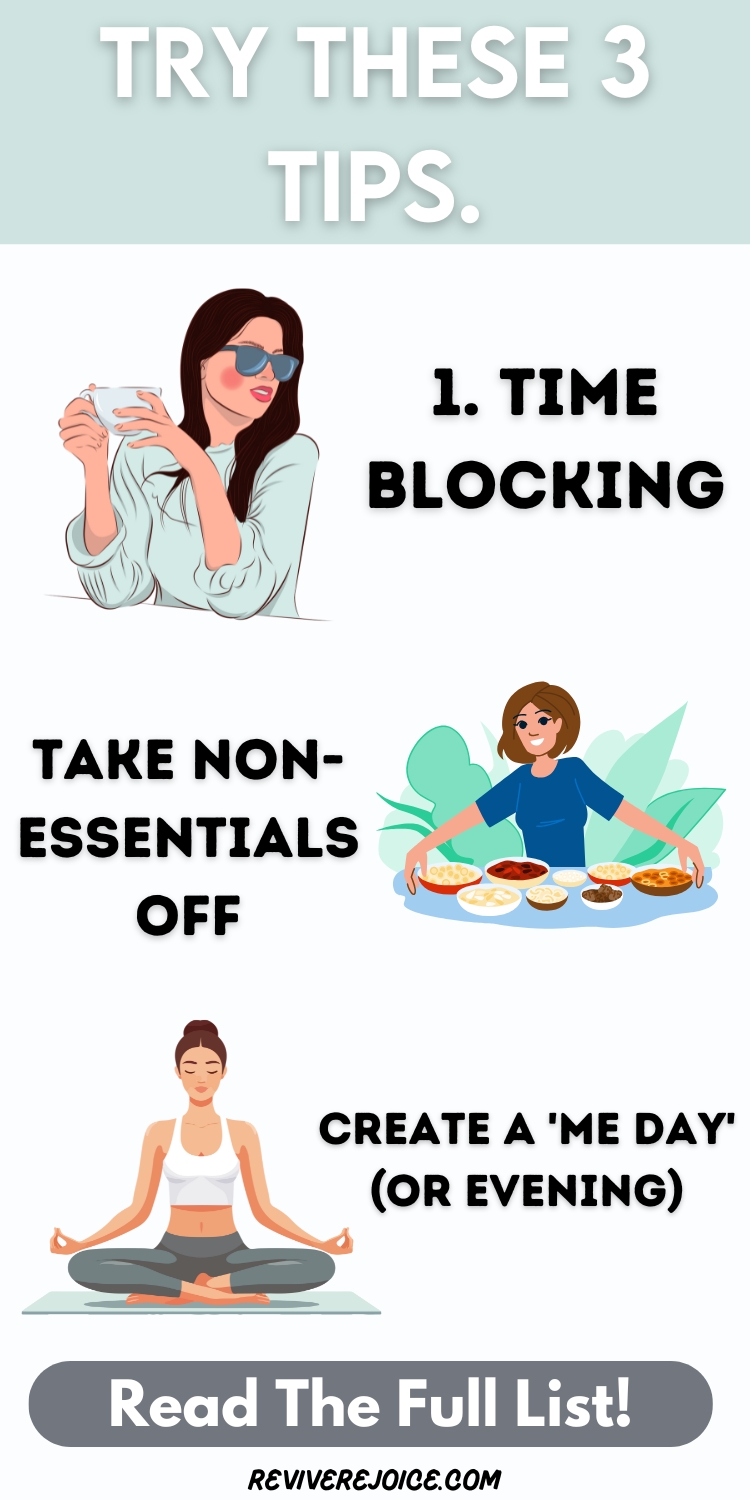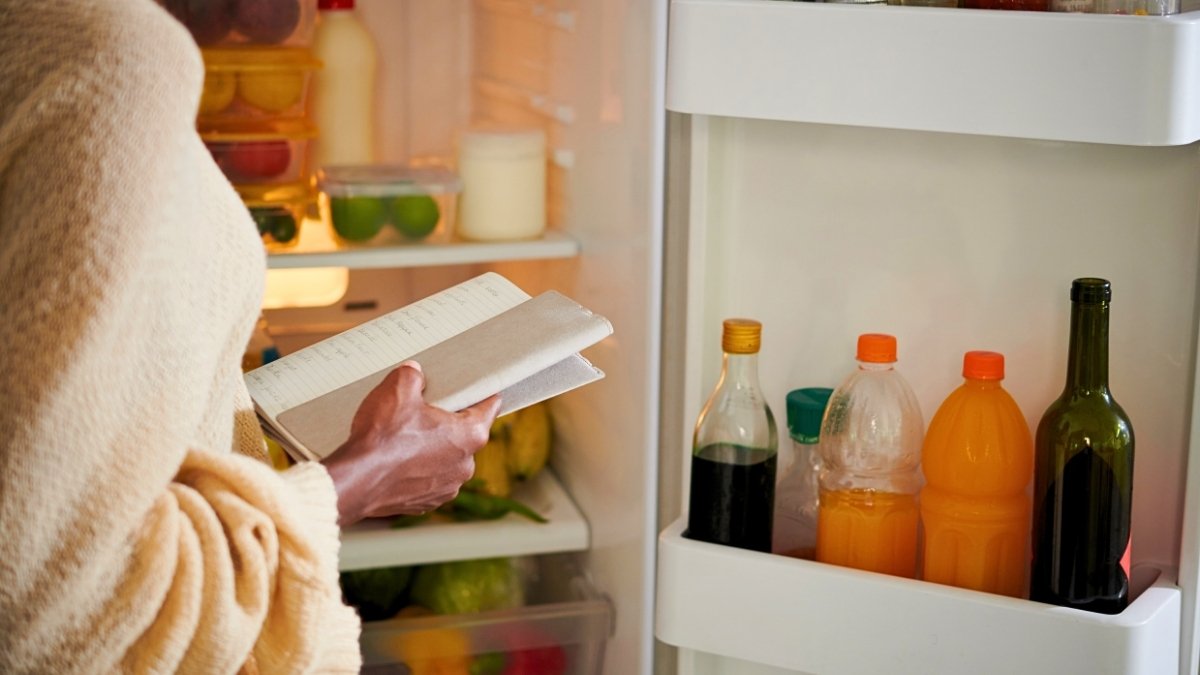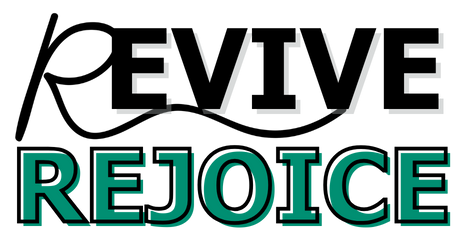Not enough time for self-care? Now is the time to try these 3 tips.
Your phone buzzes with another deadline. The calendar shows three meetings back to back while the kids need picking up and dinner isn’t made yet. Sound familiar? You’re not alone.
A staggering 78% of adults say they’re too busy for self-care, putting their own well-being last on an endless to-do list. But here’s the truth: self-care isn’t selfish – it’s essential.
And it doesn’t require hours of free time or expensive spa treatments. These three game-changing strategies will help you reclaim precious minutes for yourself, starting today. The best part? They actually work.
Save this Post for Later! ⬇️

Before you dig in read this:
In our fast-paced world, finding time for self-care can feel impossible. A recent survey by the American Psychological Association found that 41% of adults report having higher stress levels compared to previous years, yet 64% say they don’t have enough time for self-care activities.
However, incorporating self-care doesn’t require hours of free time. Here are three practical strategies you can implement today:
1. Time Blocking

Time blocking is a science-backed productivity method that can help you reclaim control of your schedule. Research published in the Journal of Applied Psychology suggests that individuals who use time blocking experience 22% less stress and complete tasks 28% faster than those who don’t.
How to implement time blocking:
- Divide your day into specific chunks (30-60 minutes)
- Assign dedicated activities to each block
- Include buffer time between blocks for transitions
- Set one 15-minute block daily for basic self-care activities
Pro tip: Start with just a one-time block for self-care. Studies show that starting small (10-15 minutes) leads to better long-term habit formation than attempting longer sessions initially.
2. Take Non-Essentials Off Your To-Do List

The Harvard Business Review reports that the average professional’s to-do list is 41% longer than what they can realistically complete. This overcrowding leads to decision fatigue and reduced productivity.
Steps to streamline your list:
- Review your current to-do list
- Label tasks as “Must Do,” “Should Do,” and “Nice to Do”
- Eliminate or delegate 20% of your “Nice to Do” items
- Move non-urgent tasks to a separate “Later List”
By reducing non-essential tasks, research shows you can recover up to 6 hours per week time that can be reinvested in self-care activities.
3. Create a ‘ME Day’ (or evening)

While a full “ME Day” might sound luxurious, even dedicating one evening per week to yourself can significantly impact your well-being. The American Institute of Stress reports that individuals who schedule regular personal time experience a 37% reduction in reported stress levels.
How to make it happen:
- Choose a specific day/evening weekly
- Block it in your calendar as non-negotiable
- Turn off notifications during this time
- Focus on activities that genuinely recharge you
Important: Research shows that consistency matters more than duration. A regular 2-hour evening of self-care proves more beneficial than sporadic full days.
Self-care isn’t selfish – it’s essential for maintaining productivity, mental health, and overall well-being. By implementing these strategies, you’re not just taking care of yourself; you’re investing in your long-term success and happiness.
Start with one technique and gradually incorporate others as they become habitual. The key is to begin somewhere, even if it’s just with five minutes today.








